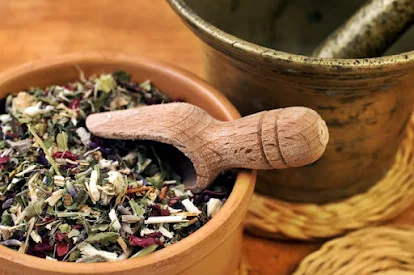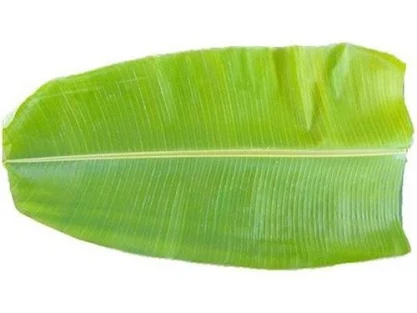How To Stop Heavy Bleeding And Pain From Fibroids
Many women suffer from this disease and it is really alarming the percentage of women who live with it. Before we go on to the remedy, let's get to know what fibroid is.
LEARN MORE:How to Relieve Menstrual Pain Naturally at Home
What is fibroid?
Uterine fibroids are benign tumors that originate in the uterus (womb). It is also called a Uterine myoma.
It is
not known exactly why women develop uterine fibroids.
Most
women with uterine fibroids have no symptoms. However, fibroids can cause a
number of symptoms depending on their size, location within the uterus, and how
close they are to adjacent pelvic organs. These are most commonly abnormal
bleeding, pain, and
pressure.
Read also: NATURAL REMEDY FOR FIBROID
What are the symptoms of uterine fibroids?
Most of
the time, uterine fibroids do not cause symptoms or problems, and a woman with
a fibroid is
usually unaware of its presence.
However,
abnormal uterine bleeding is the most common symptom of a fibroid. If the tumors are
near the uterine lining or interfere with the blood flow to the lining, they
can cause heavy periods, painful periods, prolonged periods, or spotting between
menses. Women with excessive bleeding due to fibroids may develop iron
deficiency anemia. Uterine fibroids that are degenerating can
sometimes cause severe, localized pain.
Fibroids
can also cause a number of symptoms depending on their size, location within
the uterus, and how close they are to adjacent pelvic organs. Large fibroids
can cause:
- pressure,
- pelvic pain, including pain during sex,
- pressure on the bladder with frequent or even obstructed urination, and
- pressure on the rectum with painful or difficult defecation.
What causes uterine fibroids to grow?
We do
not know exactly why women develop these tumors. Genetic abnormalities,
alterations in growth factor (proteins formed in the body that direct the rate
and extent of cell proliferation) expression, abnormalities in the vascular
(blood vessel) system, and tissue response to injury have all been suggested to
play a role in the development of fibroids.
Family history is a key factor since there is often a history of fibroids developing in women of the same family.
Race also appears to play a role. Women of African descent are two to three times more likely to develop fibroids than women of other races. Women of African ancestry also develop fibroids at a younger age and may have symptoms from fibroids in their 20s, in contrast to Caucasian women with fibroids, in whom symptoms typically occur during the 30s and 40s.
ALSO READ:How To Shrink Fibroids Naturally
Early pregnancy decreases the likelihood that fibroids will develop. Fibroids have not been observed in girls who have not reached puberty, but adolescent girls may rarely develop fibroids.
Other factors that
researchers have associated with an increased risk of developing fibroids
include having the first menstrual
period (menarche) prior to age 10, consumption of alcohol (particularly
beer), uterine infections, and elevated blood pressure (hypertension).
Estrogen
tends to stimulate the growth of fibroids in many cases. During the first trimester of
pregnancy, about a third of fibroids will enlarge and then shrink after birth. In general, fibroids tend to shrink after menopause,
but postmenopausal hormone
therapy may cause symptoms to persist.
Overall,
these tumors are fairly common and occur in about 70% to 80% of all women by
the time they reach age 50.
Uterine
fibroids can be as small as a few millimeters (less than an inch) in diameter.
They can also be very large (grapefruit-sized or larger).
How To Stop Heavy Bleeding And Pain From Fibroids
Do you know lots of women suffer from heavy
bleeding most especially with fibroids? You are advised to visit the hospital
for solutions. But for those of you that have been to the hospital with this problem,
I want to know if you got a solution. Most of the medications only reduce the
pain but it doesn't stop the bleeding.
1. Get enough green plantain leaves
2. Chromolena odorata (Awolowo leaves) as it's called in Nigeria.
DIRECTION ON HOW TO USE AWOLOWO LEAF FOR FIBROID
Pound the leaves and extract the juice, don't add any water, drink this morning and evening and see the magic in less than 5 days.
If you really want to live healthy and longer, just do one thing: eat healthily and by eating healthy, fruits and vegetables should be your daily thing. May God bless you all.
Leave your comments
below
READ ALSO:
How To make Ginger Tea: Benefits













